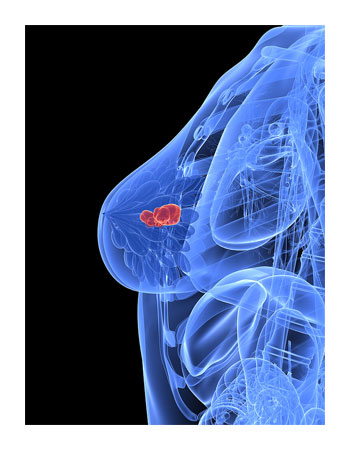Style Sampler
Layout Style
Breast Cancer

Breast cancer is the most common cancer in women in the Western world.
Causes/ Predisposing factors:
Symptoms / Diagnosis
The most common symptom that leads to the diagnosis of breast cancer is a palpable tumor, which is usually palpated by the patient. Other symptoms include a change in the size or shape of the breast, nipple ingrowth, nipple discharge, changes in the skin (like orange peel or eczema) and sometimes (rarely) breast pain. Often the tumor is a finding on a regular mammogram without symptoms.
Diagnostic Procedures include:
Treatment
Breast cancer treatment consists of:
Breast Reconstruction After Mastectomy
Breast reconstruction can be done, either immediately after surgery or later after a period of time depending on whether the diagnosis must be followed by treatment ie chemotherapy or radiation.
Prevention
Regular palpation by the woman herself and by a doctor since adulthood and annual mammograms for women over 40 are key tools in preventing breast cancer.
A healthy lifestyle helps to prevent breast cancer as well as avoiding use of exogenous hormones. In the case of inherited predisposition gene mutation, prophylactic mastectomy may be considered.